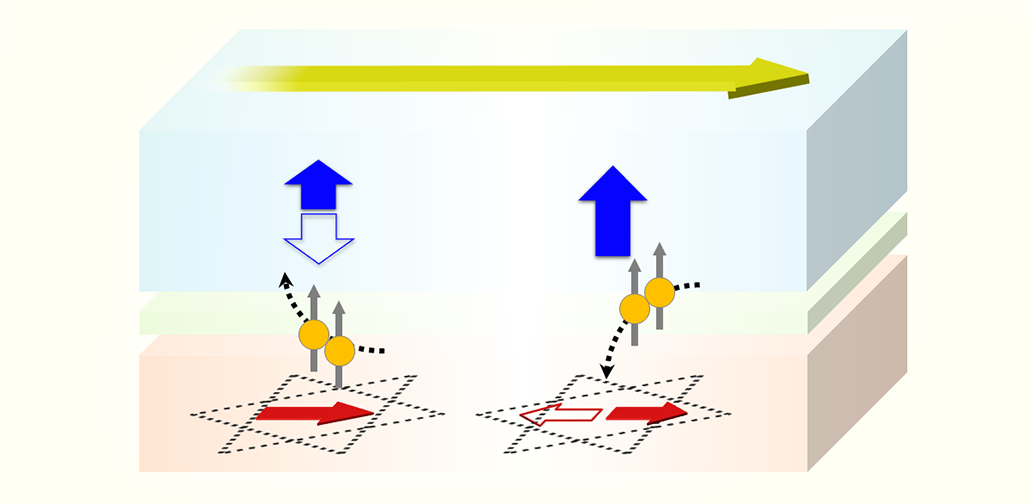- What is HPV?
HPV, short for human papillomavirus, is a common sexually transmitted infection (STI). There are many different types of HPV. HPV can spread through genital skin-to-skin contact during sexual activity. Most sexually active people (four in five) will have an HPV infection at some point in their lives. HPV often has no symptoms, and the body usually clears the infection naturally. However, it’s important to know that sometimes HPV can lead to serious illness like cancer.
- What types of cancer and illness are caused by HPV?
A persistent HPV infection that lingers in your body without clearing can cause changes to the cells in affected areas. Over many years, these cell changes may turn into cancer. Certain types of HPV are more likely to lead to cancer and illness than others.
HPV is responsible for:
- almost all cervical cancers
- approximately 90 per cent of genital warts
- 90 per cent of anal cancers
- 78 per cent of vaginal cancers
- 60 per cent of oropharyngeal cancers (back of the throat, base of the tongue, and tonsils)
- 50 per cent of penile cancers
- 25 per cent of vulvar cancers
- Why is the HPV vaccine important?
HPV can affect everyone and is very common.
The HPV vaccine used in Australia is called Gardasil®9 and is highly effective and long lasting. If given when someone is young and before they are sexually active, the vaccine gives nearly 100 per cent protection against the types of HPV that lead to most related cancers and diseases.
- When should people get the HPV vaccine?
The HPV vaccine works best if given before exposure to HPV i.e., before becoming sexually active.
The HPV vaccine is recommended for all young people aged nine to 25 in Australia and is free for those aged 12 to 25.
While most people only require one dose of the HPV vaccine, some people with weakened immune systems may need three doses.
- Where do people get the vaccine?
Western Australian children in Year 7 will be offered the free HPV vaccine at their secondary school. Parents/guardians and adolescents must provide consent through or by completing and returning the school’s immunisation consent form.
If your child misses out on the HPV vaccine at school, they can get a catch-up dose through a doctor, Aboriginal Health Service or at some pharmacies up until age 25. Contact your preferred provider for an appointment.
- How can you find out if your young ones are immunised?
If you are uncertain about your child’s immunisation status, you can contact the Australian Immunisation Register at 1800 653 809 or
If you moved to Australia after your child turned 12 or 13 and you’re unsure about their HPV vaccination status, you can check their status with your home country’s relevant immunisation service or health department.
- What can you do as a parent/guardian?
- Talk to your child about the importance of the HPV vaccine – consider using as a guide.
- Ensure your child attends school the day the vaccine is being administered or take them to your preferred health service to receive the vaccine.








